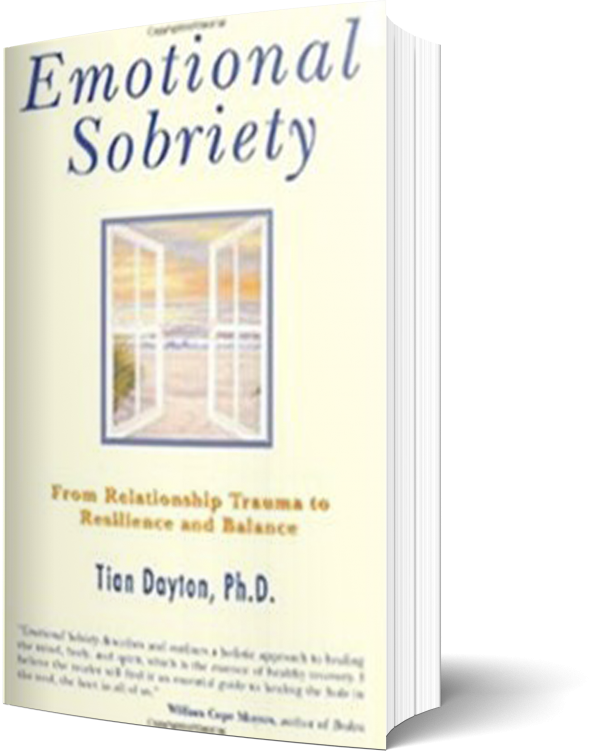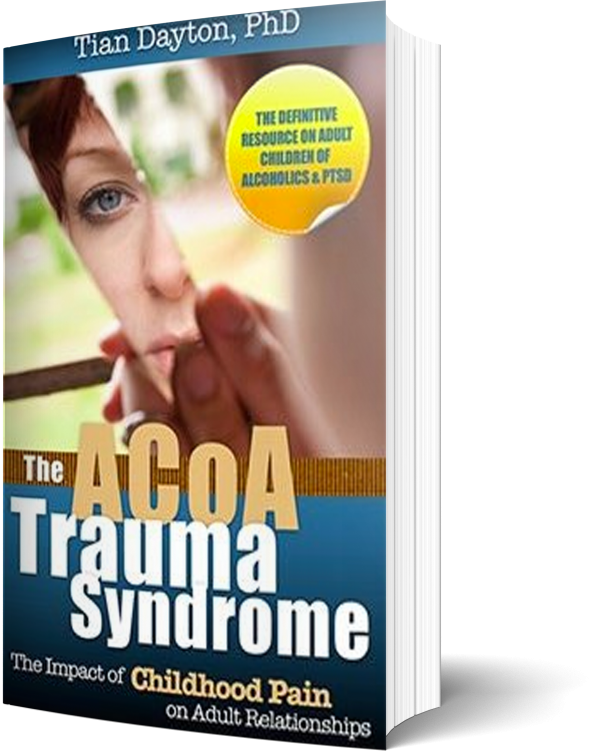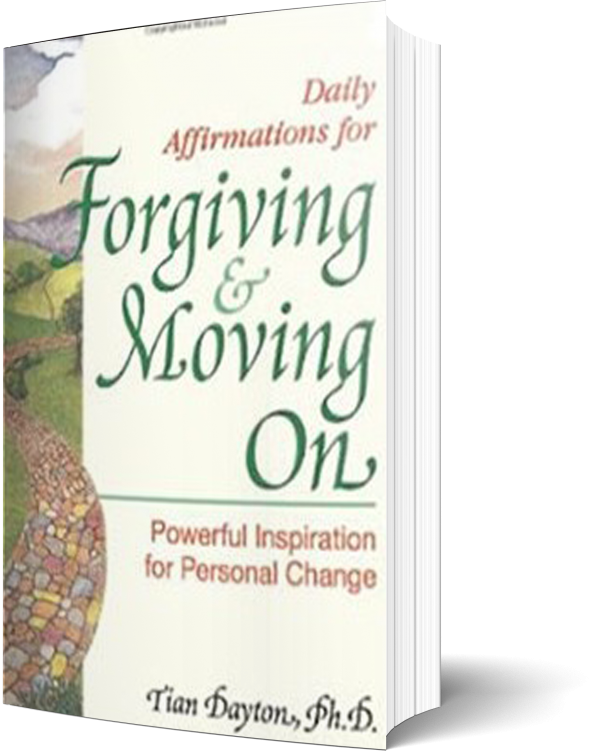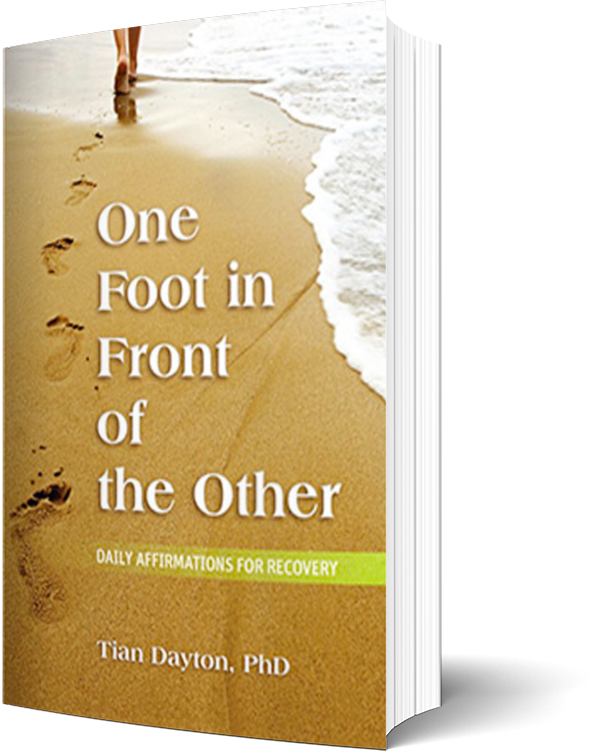https://www.surveymonkey.com/s/TianDaytonTraumaSurvey
ACOAs: Click above to find out which negative and positive qualities you may have developed growing up with some form of addiction in the home. (2-3 Min)
The kind of emotional and psychological trauma that occurs within the context of relationships can become a template that we carry throughout our lives. Children in addicted or abusive homes, are constantly faced with situations that challenge their sense of normal and these situations are being created by the very people who nature intended to be caretakers and comforters.Kids in these homes are at particular risk for developing issues with self esteem. Because of children’s limited intellectual development, they are stuck trying to figure out what’s going on, with only childlike reasoning at their disposal, they are left scared and shaking with no where to go. For these reasons, a chaotic, abusive or addicted home, can have a cumulative effect on a growing child, that shares some of the post traumatic stress PTSD features that soldier in battle might experience. But the child does not know that their home is a battle ground. They imagine that they have somehow created it. Equally they imagine that it is somehow their job to correct it. The emotional and psychological trauma engendered by living with addiction tends to play out in extremes. Families, and the people in them explode or implode, they over do or under do. They have trouble with “normal”, with emotional balance.Kids often become hyper-vigilant, bracing themselves, “waiting for the other shoe to drop” Or take on adult roles that are well beyond their years, forgoing some of their own childhood. The meaning that they make out of ever shifting family dynamics may undermine their sense of “normal” and leave them feeling a little “different” on the inside from other families. They may blame themselves and carry a vague sense of loss or having failed at something that they can not quite wrap their minds around.
But children in alcoholic homes (COAs) can and often do build unusual strengths as well:
COAs can become independent and resourceful adults. They learned that they’d better set their own alarm clocks, make their own lunch, get themselves, and often their siblings off to school and do their homework without waiting to be told to do it. Taking the garbage out, for the ACOA, is low on their list. Usually they are more worried about getting dinner on the table and getting their parents straightened out. ACOAs are not necessarily the ones who give up on life. Quite the contrary, they often become CEOs and entrepreneurs, they flood the helping professions and have held the highest political offices of the land for decades. They are cheerleaders, class presidents and tireless overfunctioners. People, marching to the double, to keep the show on the road and the family (and the world) from falling apart. And they are funny, really, really funny; having learned the hard way, how helpful humor can be for releasing tension and turning a crazy situation on it’s head to make it somehow….well….less crazy.
They are adults full of competence and talent who may be paradoxically in super drive and collapse all at the same time.
To learn more about which characteristics both positive you may have developed click on to the 3 min Self Test….
https://www.surveymonkey.com/s/TianDaytonTraumaSurvey
Dr.Dayton’s book The ACOA Trauma Syndrome will be coming out in September





